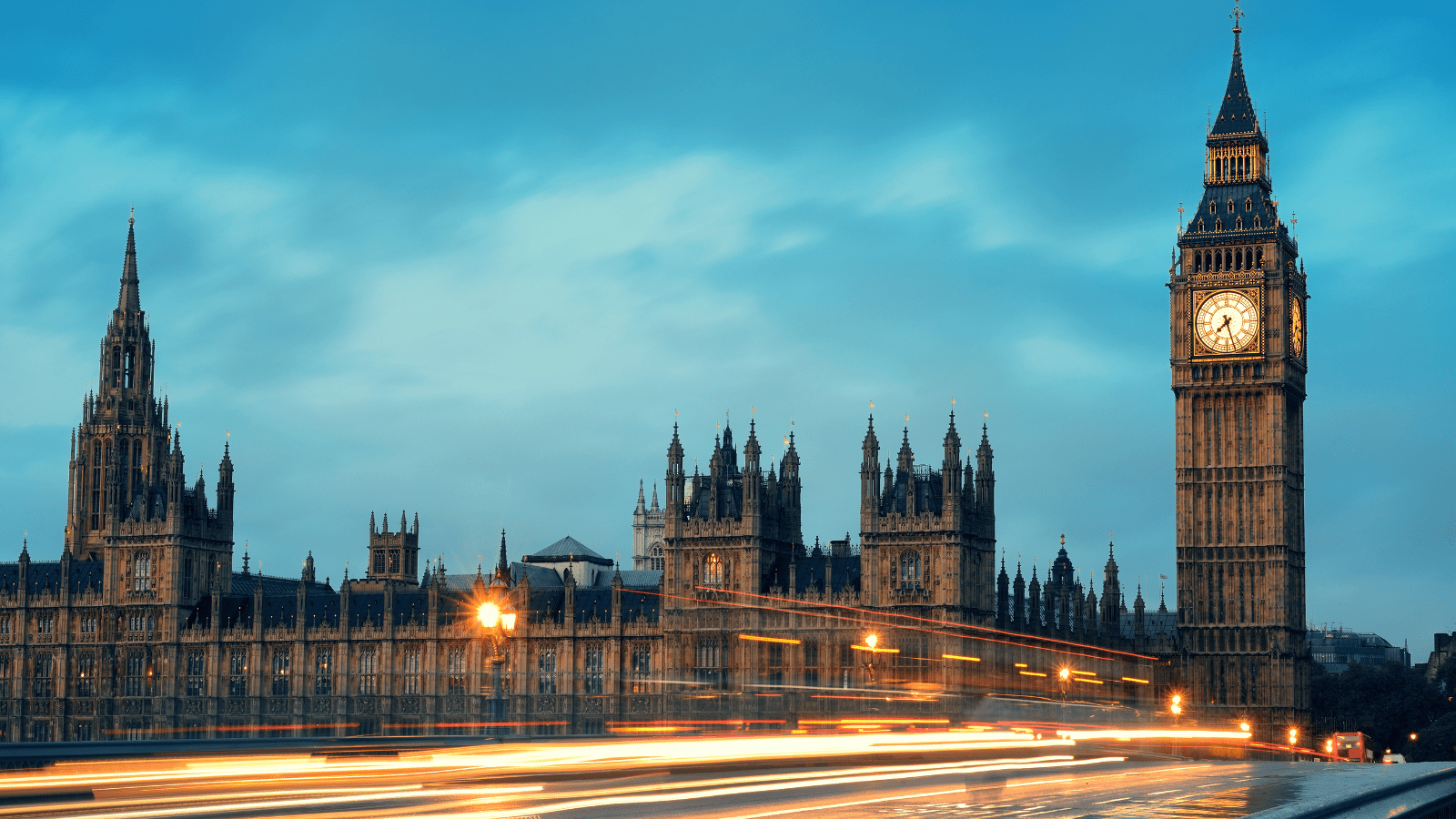
Keir Starmer's Budget Warning: What to Expect and How to Prepare
04 Sept, 20243 minutesIn a stark and sobering speech delivered last week, Prime Minister Keir Starmer announced th...

In a stark and sobering speech delivered last week, Prime Minister Keir Starmer announced that the upcoming October Budget will be "painful" for many, emphasising that those with the "broadest shoulders" will be expected to bear the heaviest burden. This candid admission comes on the heels of recent revelations about a £22 billion 'black hole' in the nation's finances - a fiscal challenge that the Labour government claim to have inherited from the previous Conservative government.
The alarming figure was unveiled in a Labour document published at the end of July, highlighting unexpected spending needs that the Conservative government allegedly failed to disclose. The Office for Budget Responsibility (OBR), which is responsible for providing independent economic forecasts, also commented that it had not been made aware of the extent of those extra costs.
How Will Labour Fund This ‘Black Hole’?
With a looming financial shortfall, the key question on everyone's mind is how the Labour government plans to plug this gap. The most obvious sources of revenue, Income Tax, National Insurance Contributions (NIC), and VAT are, according to statistics from the House of Commons Library, responsible for the bulk of the government's revenue. However, during its election campaign, Labour pledged not to increase these taxes, a promise that now seems difficult to uphold.
One area already targeted for increased taxation is the private education sector, with Labour having announced that VAT will be applied to private school fees. Additionally, the government has opted to freeze income tax and NIC thresholds until 2028, a move that generates revenue through fiscal drag as wage rises push more taxpayers into higher tax brackets. Extending this frozen period could generate further tax receipts, though it would effectively be a tax increase for many.
What about Capital Gains Tax?
Another potential avenue for raising funds is Capital Gains Tax (CGT). The OBR has estimated that CGT will generate £15.2 billion in 2024/25. Increasing CGT rates or restricting reliefs might be considered, but the impact on the overall budget deficit may be limited. Moreover, such changes may not achieve the desired effect, such as investors and business owners holding on to capital assets for longer or creating an influx of disposals to avoid higher taxes before rate increases take effect.
Other ‘Wealth Taxes’
Similarly, other wealth taxes, such as Inheritance Tax (IHT) and the tax advantages associated with pensions do not generate significant revenue compared to Income Tax, VAT, and NIC. Consequently, any changes in these areas are unlikely to yield material revenue.
What do we think?
While it remains difficult to predict exactly what Chancellor Rachel Reeves has planned for taxpayers in October, one thing is clear: public spending must be financed somehow and increases in tax receipts will be necessary. The Prime Minister’s statement that the highest burden will fall on the taxpayers with the "broadest shoulders" suggests that higher taxes may not be confined to wealth taxes. The employed population may find themselves bearing a significant proportion of the burden.
As we approach the October Budget, individuals and business owners must consider their tax planning strategies. If you have any questions or concerns about the potential tax changes and how they might affect you, our dedicated tax team at JS is here to help. Please don't hesitate to contact us to explore your options before the Budget is announced.
For the main highlights on Budget Day and to receive a comprehensive PDF summary, sign up for our JS eNews here:
https://ow.ly/UYxP50Q2xS9


